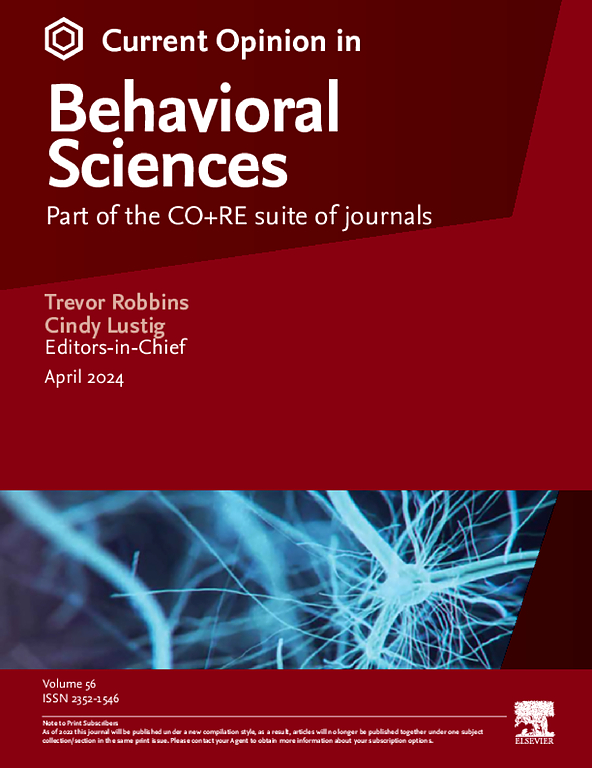Perceptual control theory and the free energy principle: a comparison
IF 3.5
2区 心理学
Q1 BEHAVIORAL SCIENCES
引用次数: 0
Abstract
How do organisms pursue goals? This article compares two very different frameworks that address this question, perceptual control theory (PCT) and the free energy principle (FEP).
According to PCT, organisms have goals (reference values for certain variables) and sensors (of their actual values) and act to bring the sensed values towards the references. That is, they are organised as assemblages of control systems. FEP views the behaviour of organisms as resulting from minimising a quantity called free energy.
PCT makes specific proposals for the organisation of multiple control systems and for other aspects of goal-seeking behaviour, such as adaptation, learning, and memory. FEP claims that these phenomena and others emerge from the single principle of free energy minimisation.
PCT sharply distinguishes action from prediction: they are different sorts of things. FEP treats action as a particular case of prediction: organisms act not by commanding but by predicting their future states.
知觉控制理论与自由能原理之比较
生物体是如何追求目标的?本文比较了两个非常不同的框架来解决这个问题,即感知控制理论(PCT)和自由能原理(FEP)。根据PCT,生物体有目标(某些变量的参考值)和传感器(它们的实际值),并采取行动将感知到的值带到参考值。也就是说,它们被组织成控制系统的集合。FEP认为生物体的行为是由一个叫做自由能的量最小化引起的。PCT为组织多个控制系统和目标寻求行为的其他方面(如适应、学习和记忆)提出了具体建议。FEP声称,这些现象和其他现象都是由自由能最小化的单一原理产生的。PCT明确区分了行动和预测:它们是不同的东西。FEP将行动视为预测的一种特殊情况:生物体的行动不是通过命令,而是通过预测它们的未来状态。
本文章由计算机程序翻译,如有差异,请以英文原文为准。
求助全文
约1分钟内获得全文
求助全文
来源期刊

Current Opinion in Behavioral Sciences
Neuroscience-Cognitive Neuroscience
CiteScore
10.90
自引率
2.00%
发文量
135
期刊介绍:
Current Opinion in Behavioral Sciences is a systematic, integrative review journal that provides a unique and educational platform for updates on the expanding volume of information published in the field of behavioral sciences.
 求助内容:
求助内容: 应助结果提醒方式:
应助结果提醒方式:


